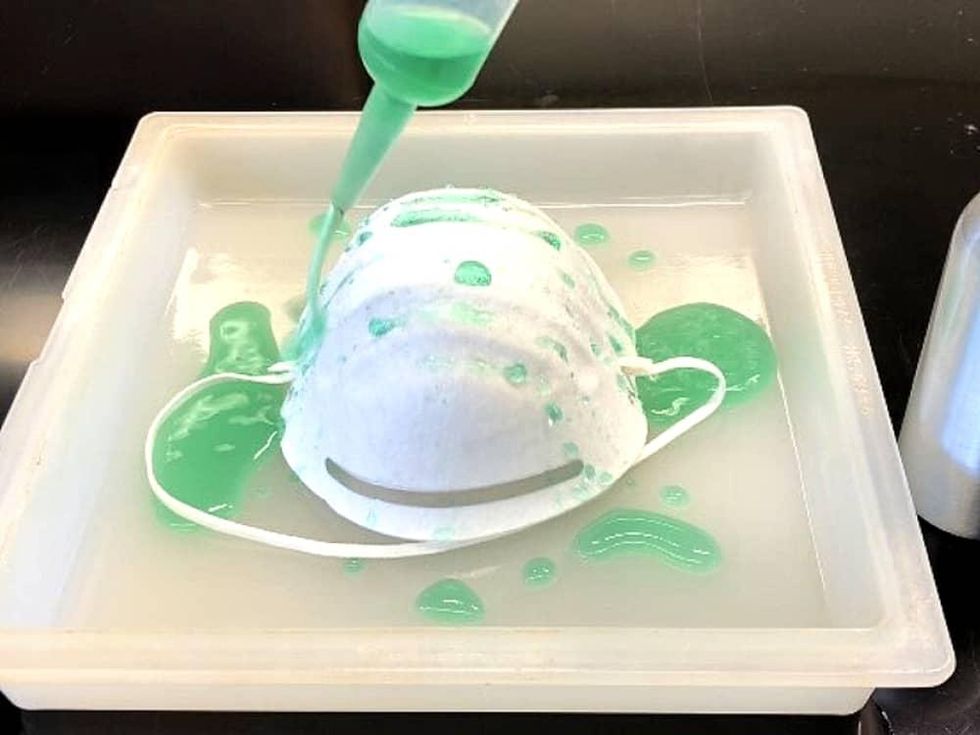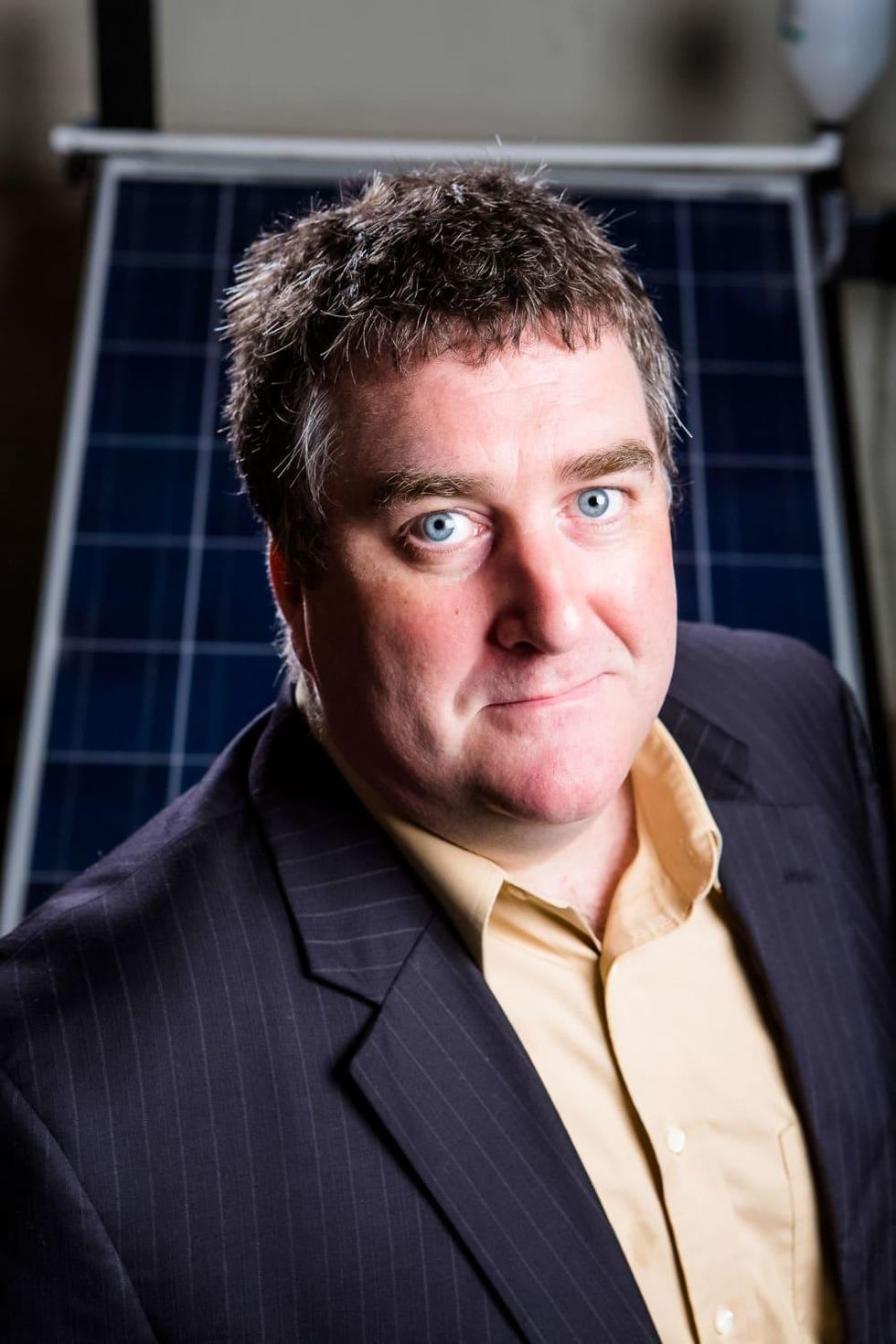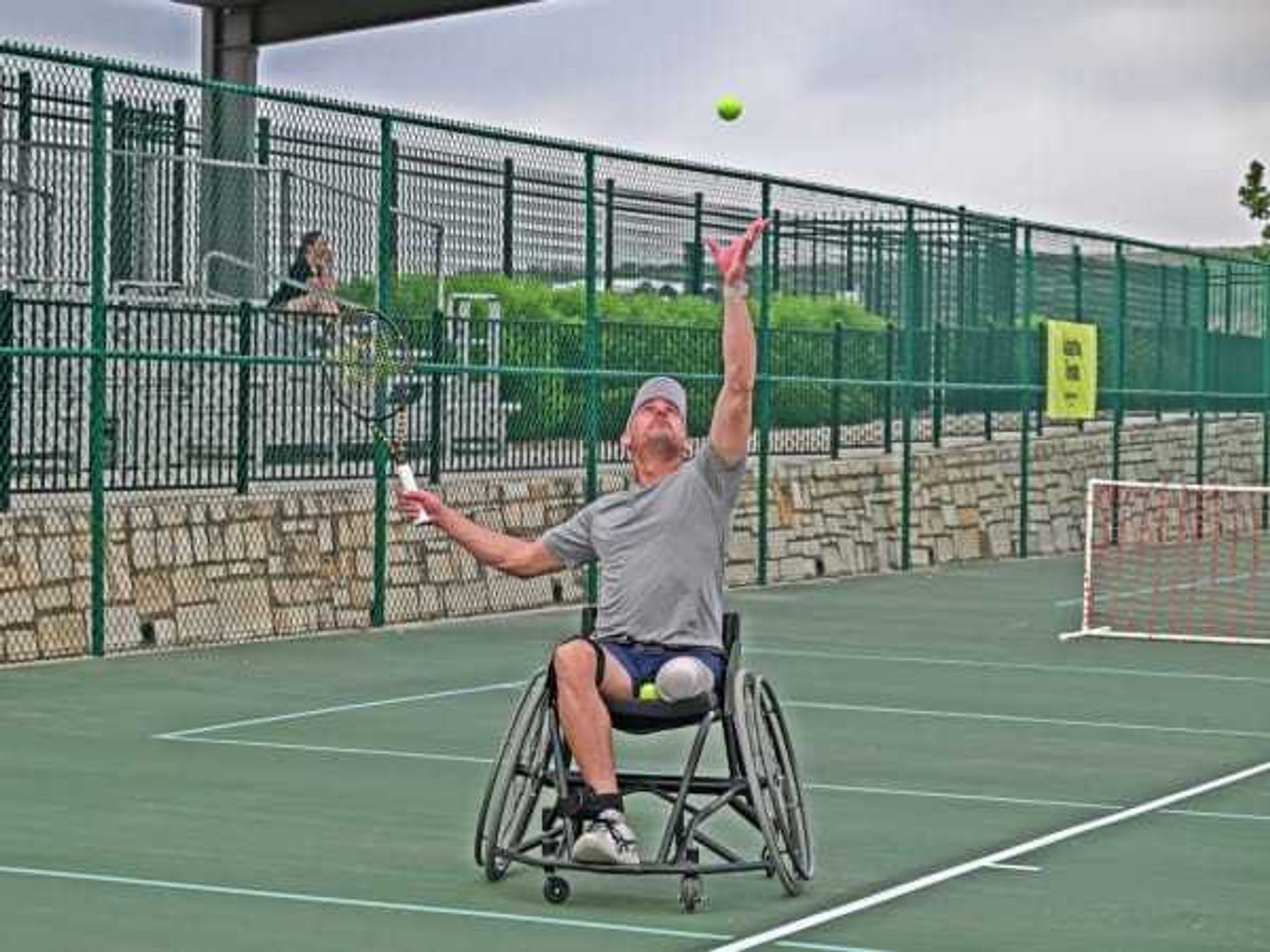not masking the problem
Texas university unmasks cutting-edge technology to battle COVID-19
Dr. Seamus Curran, a professor of physics at the University of Houston, doesn’t mince words when it comes to society’s need to adjust to the new normal and don masks in public to combat the spread of COVID-19.
“We left normal in December,” Curran tells CultureMap, “and, when everyone was planning their New Year’s resolutions, little did we know that the old normal of before is gone. None of us saw that life passing away — and it was taken away by a bug 1,000 times smaller than lice. And like lice, it’s going to be with us for a long time.”
To that end, Curran, who is well-known for his work commercializing nanotechnologies, is pulling from his past to deal with a future demand. The professor is using a hydrophobic coating he developed nearly 10 years ago to improve the ability of surgical masks to protect against transmission of the virus.
It’s no secret that good face masks are a dire, worldwide need. But Curran notes that standard masks are “somewhat porous, and especially if they get wet, they can allow the virus to penetrate.” People infected with the virus, he adds, could spread it even through a mask, while people who aren’t sick could still become infected, despite wearing a less-protective mask.
Curran calls N95 masks, “the gold standard, able to filter very small particles and offering better protection than standard surgical masks.” But he notes that they are hard to manufacture, and global demand is for tens of millions of items. His work will make masks impervious to water, thus improving protection, he explains.
That means those who already own masks are in luck: Curran’s team is planning to sell spray for the hydrophobic coatings so that people can apply it themselves at home or at work. “However, it's cheaper and far more effective to be able to apply it in large batch quantities that manufacturers can do,” Curran adds.
The globally minded Curran has only one local requirement: “We will only sell to U.S. manufacturers that manufacture here in the U.S. It's not a limiting factor and may change in the future, but right now, I have to deal with my community here in Houston, Texas, and the U.S. It has to be my priority.”
Curran and his team are working though the process to make sure their coatings are compliant with all federal rules. “Sometimes, this is making sure your materials are registered and allowed,” he says. “Sometimes it's making sure the products follow relevant EPA and FDA guidelines. However, we are very close, as in weeks, and not some arbitrary academic timeline in the distant future.”
He first launched a nanotechnology business in 2013, according to UH. His company, Integricote, based at the UH Technology Bridge, focuses on manufacturing sealers for masonry, wood, and concrete. The professor has developed nanotech coatings for fabrics since 2011, technology that he now is using to demonstrate a way to provide more protection against SARS and COVID-19.
Curran, who often says he hates to “play defense,” hopes to get a jump on the virus spread with his new technology and take a proactive approach to a long-term issue. “Remember, H1N1 affected 61 million Americans and 12,500 people died from it between 2009 and 2010,” he notes. “Do we think that's it? Did we think Ike was the last big hurricane to hit us, or do we expect more? Yet, we have compensated for this and found a way to be resilient and have a normal life.”
Technical and scientific in his work, the passionate professor says he is galvanized by a simple, primal motive. “This is personal, this virus has threatened my family and I’m not sitting back, ideally, just letting this happen,” Curran says. “I'm just like any other husband, father, son, brother, and uncle: I will do all I can to protect those dearest to me and I will not have it any other way.”


